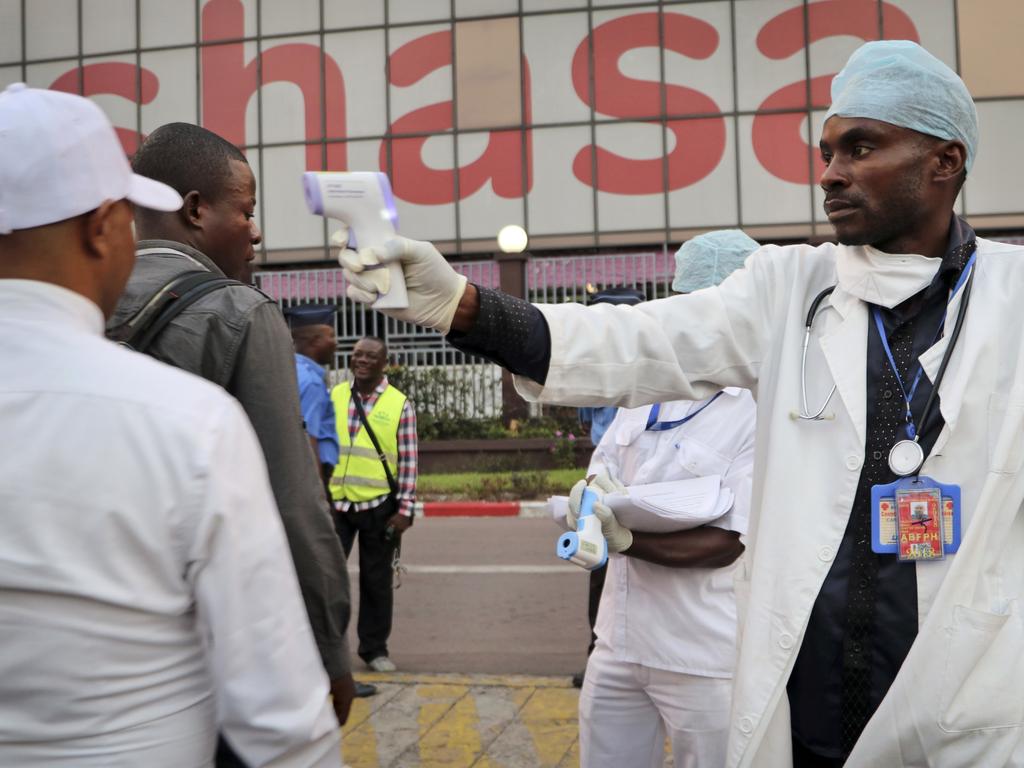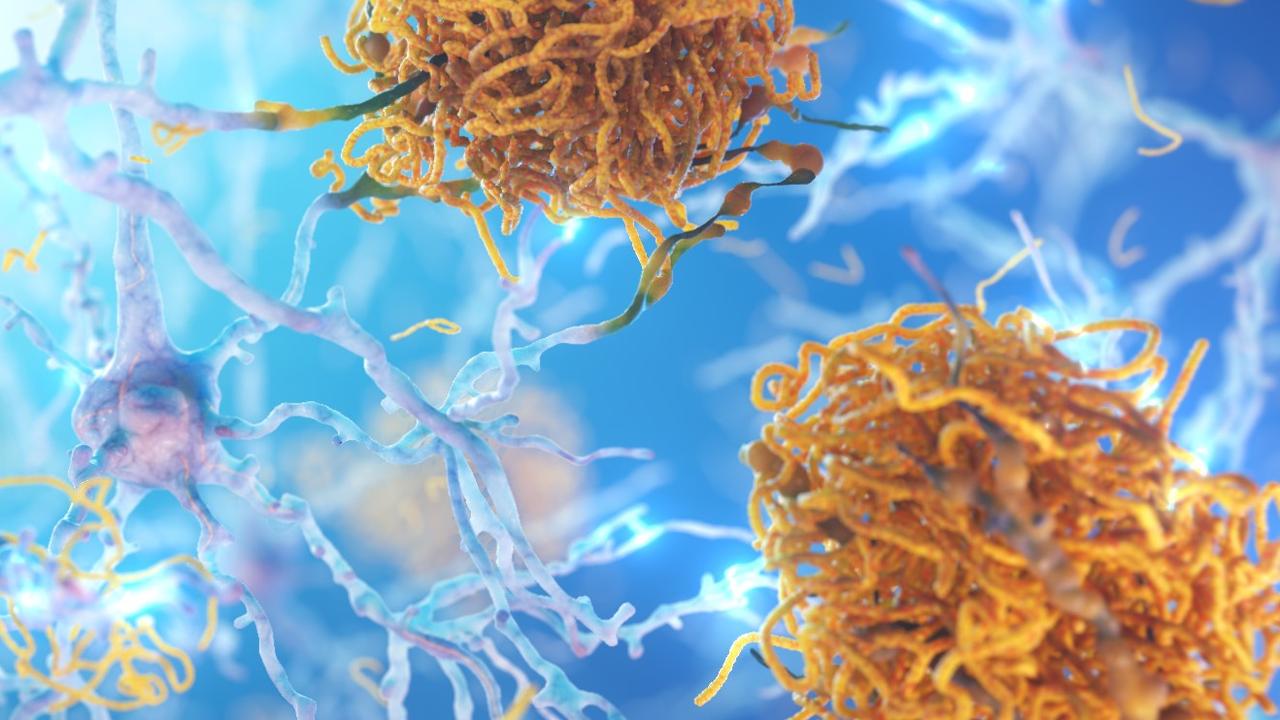Ebola outbreak: Days after declaring victory, WHO is fighting another deadly outbreak
THIS time, the Ebola virus is refusing to go away. Just days after declaring victory over a deadly outbreak — another has flared up to kill 20 more. And a new vaccine may not be working.
IT’S been barely a week since the latest ebola outbreak was defeated. With the efficiency gained through morbid practice and a new vaccine, no new sufferers have been reported in Congo’s Equateur province beyond its 54 cases and 33 deaths.
But, 2500km away — on the other side of the country — another outbreak has flared. This time in North Kivu province.
Only four deaths have been confirmed as being caused by ebola (including two medical workers). But some 20 fatalities are suspected.
RELATED: World Health Organisation warns of lethal ‘Disease X’
Now, a senior World Health Organisation (WHO) official has warned the new outbreak may be immune to the new vaccination.
It may belong to a different strain from those that had appeared earlier.
Congo has had 10 outbreaks of ebola since it was first discovered there in 1976.
The latest is centred on the densely populated town of Mangina, about 30km outside the city of Beni and 100km from the border with Uganda. The Democratic Republic of Congo’s Ministry of Health has warned it has 26 cases of haemorrhagic fever in the area, 20 of which have died.
“#Ebola is a constant threat in #DRC. What adds to our confidence in the country’s ability to respond is the transparency they have displayed once again. Working closely with @MinSanteRDC & partners, we will fight this one as we did the lastâ€â€”@DrTedros
— World Health Organization (WHO) (@WHO) August 1, 2018
📰 https://t.co/ldRKEnA4jZ pic.twitter.com/TNWvmoyKeU
The earlier outbreak was tackled with 3300 doses of an experimental new vaccine. While it is too early to say if the vaccine made an impact, none of those treated died.
Researchers have not yet identified the particular strain of ebola causing the new outbreak. But WHO’s emergency response chief Peter Salama said it could be the Zaire, Sudan or Bundibugyo strain.
If it is the Zaire strain, the Merck vaccine used in the last ebola outbreak may be an option.
If not, the situation will be much more complex “and we may not have any vaccine options”, Salama told Reuters at WHO’s headquarters in Geneva.

“The majority of the cases occurred in the second half of July … When the provincial medical teams have looked back … they have noted cases that could be consistent with ebola that began even in May but it’s far too early to say,” Salama said.
RELATED: Australia prepares for our bodies to be turned into battlefields
“It would appear that the risk, as we can surmise for DRC, is high. For the region it’s high given the proximity to borders, particularly Uganda.
“We’re talking about a few health areas mostly in one health zone. So we are talking about tens of kilometres but I stress that this is very preliminary information at this stage.”
Joint delegation of @MinSanteRDC, WHO, @UNICEF, @WorldBank, @MONUSCO, @UNOCHA and Governor of North Kivu arrived in Beni, a city 30 km from where a new cluster of presumptive #Ebola cases is occurring in #DRC 🇨🇩. They will be supporting the team already on the ground. pic.twitter.com/fHJSz21BJ3
— WHO African Region (@WHOAFRO) August 2, 2018
International experts set up a laboratory today in Beni, WHO and Congolese officials said. Officials from the United Nations, World Bank, WHO Congo’s Ministry of Health, including Health Minister Oly Ilunga, will support a team already on the ground.
Congo declared the outbreak yesterday, just days after another that killed 33 people in the northwest was declared over.
The ministry has not made public when the deaths occurred. Another six who are still living are showing signs of fever, of which four tested positive.
EXPLORE MORE: A virus attack just ended the world (sort of)
“The Government-Partner delegation is holding its first meeting to organise the response,” North Kivu governor Julien Paluku tweeted.
“Already a … team from Kinshasa is installing a laboratory and a single co-ordination centre.” “The response is already in place,” David Gressly, United Nations Deputy Special Representative Congo, told reporters in Beni.
“We (the UN mission) will offer logistic support and if needed security support. We are all … here to see how we can organise this as fast as possible.”



